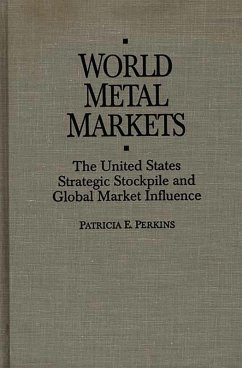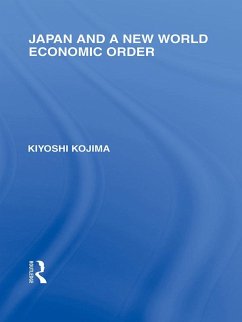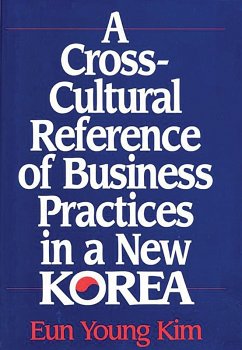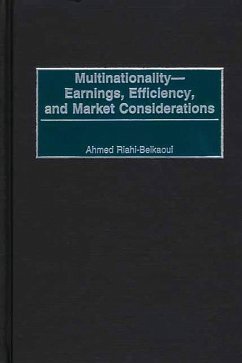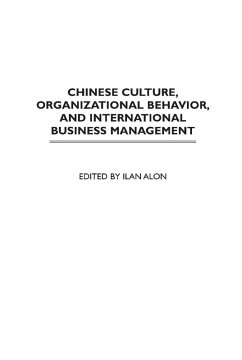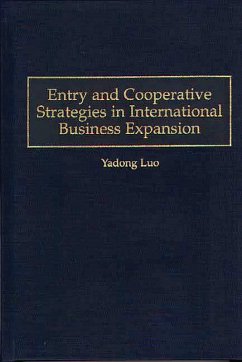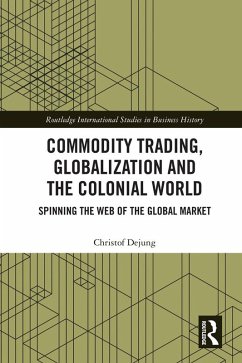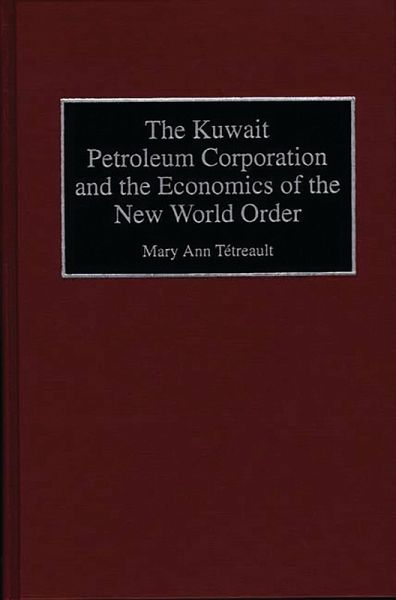
The Kuwait Petroleum Corporation and the Economics of the New World Order (eBook, PDF)
Versandkostenfrei!
Sofort per Download lieferbar
58,95 €
inkl. MwSt.
Weitere Ausgaben:

PAYBACK Punkte
29 °P sammeln!
Economic and strategic power is not the exclusive province of powerful, developed countries. Kuwait has used its main resource, oil, to integrate itself into the world economy as an autonomous actor rather than as a dependent commodity exporter. This daring economic strategy enabled Kuwait to claim military support from governments hosting its direct investments overseas in 1990-91 following its invasion by Iraq. Based on five years of research, including interviews with more than 200 people, Dr. Tetreault's book analyzes the development of the Kuwait Petroleum Corporation in the context of do...
Economic and strategic power is not the exclusive province of powerful, developed countries. Kuwait has used its main resource, oil, to integrate itself into the world economy as an autonomous actor rather than as a dependent commodity exporter. This daring economic strategy enabled Kuwait to claim military support from governments hosting its direct investments overseas in 1990-91 following its invasion by Iraq. Based on five years of research, including interviews with more than 200 people, Dr. Tetreault's book analyzes the development of the Kuwait Petroleum Corporation in the context of domestic, regional, and world politics. Contrary to current thinking, she argues that multinational vertical integration under state ownership can be an optimal strategy for oil-exporting, developing countries, particularly those whose resource endowments are otherwise highly limited. This book is directed toward executives in natural resource industries, economic and strategic planners in public and private institutions, and those charged with the formulation and implementation of national, international, and transnational economic policy; in addition, it is of interest to academics specializing in political economy, development, industrial organization, regional and domestic politics, and international relations.




